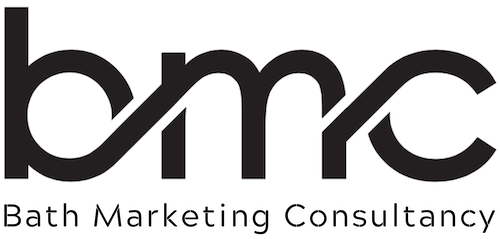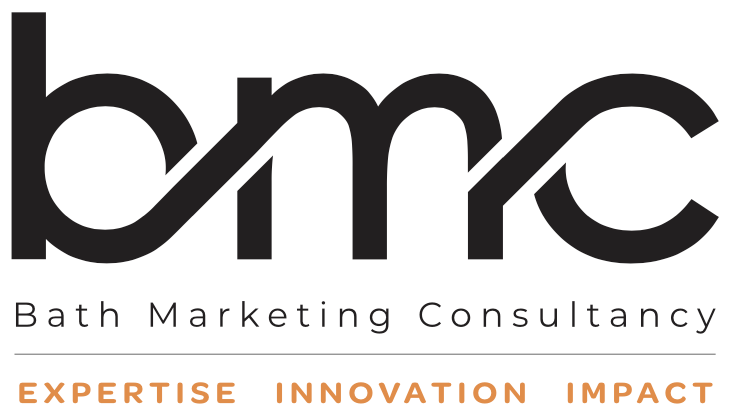With the rise of social media, paid search, and video content, it’s easy to question whether blogging still has a place in modern marketing. The answer, quite simply, is yes—when done properly, blogging remains a valuable and strategic tool that can deliver long-term results for businesses of all sizes.
What Is Blogging?
Blogging refers to the regular publication of written content—typically articles, insights, or opinion pieces—on a website. These articles are designed to inform, educate, or add value for a target audience while also helping improve the visibility and authority of a website in search engines.
When integrated into a wider marketing plan, blogs serve multiple purposes. They support search engine optimisation (SEO), provide meaningful content to share on social channels, and reinforce brand authority by positioning a business as knowledgeable and trustworthy.
Why Blogging Should Be Part of Your Marketing Mix
The accessibility of digital platforms such as websites, LinkedIn, and email marketing has created countless ways to promote a business online—many of which are cost-effective or even free to use. However, this abundance of tools brings with it a growing need for consistency, professionalism, and strategic clarity.
Without a cohesive marketing strategy in place, businesses risk sending mixed messages, diluting their brand, or falling into the trap of producing content for content’s sake. Blogging should be seen not as a quick fix or a box-ticking exercise, but as a channel that contributes to your long-term marketing and communication goals.
The Strategic Role of Blogging
At its core, a marketing strategy is about defining clear objectives: who you are, who your audience is, what you offer, and how you’re different. Blogging supports this strategy by:
-
Improving online visibility through keyword-optimised, original content
-
Establishing authority within your sector or niche
-
Educating and nurturing your audience at different stages of the buying journey
-
Driving traffic to key pages on your website, such as services or contact forms
-
Supporting other channels, including social media, email newsletters, and PR
Poorly considered marketing—especially quick, inconsistent campaigns—can yield little to no value and may actually harm your brand. A blog that lacks clarity, focus, or alignment with your brand can leave a confusing footprint online.
A Professional Approach Yields Results
Instead of launching into marketing without a plan—perhaps with a hastily made logo and a free website theme—it’s worth taking a step back to evaluate your goals. Speaking with a marketing consultant or agency at the start of your journey can provide clarity, objectivity, and experience.
Many businesses only begin to consider strategy months into trading, after realising that initial shortcuts have limited growth. Investing in professional support from the outset helps build a consistent brand presence and saves time, money, and reputational risk down the line.
At Bath Marketing Consultancy, we work closely with businesses to integrate blogging into a wider strategy—ensuring that every article has a clear purpose, supports SEO, and enhances your brand message.
Key Benefits of Blogging for Your Business
- Boosts SEO & Organic Traffic: Search engines reward fresh, relevant content. Blogging regularly with targeted keywords improves your search visibility and drives long-term organic traffic.
- Builds Brand Authority: Thoughtful blog content positions your brand as a trusted expert in your field, increasing customer confidence and brand credibility.
- Supports Lead Generation: Blogs guide readers toward conversion by linking to service pages, case studies, or contact forms—turning passive readers into potential leads.
- Powers Your Content Ecosystem: Each blog post can be repurposed into social media posts, email newsletter content, or downloadable resources—maximising your ROI.
- Enhances Customer Education: Answering common questions or exploring pain points in your blog content helps educate your audience and shorten the sales cycle.
How Blogging Fits Into a Multi-Channel Strategy
Your blog doesn’t work in isolation. It acts as a content hub that fuels and supports other marketing activities:
- SEO: Target keywords relevant to your industry and services
- Email Marketing: Share new posts with subscribers to maintain engagement
- Social Media: Distribute blog content to increase reach and interactions
- Sales Enablement: Use blogs to answer common objections or explain processes
- PR & Outreach: Share expert blogs with industry publications or influencers
Best Practices for Blogging Effectively
To get the most from blogging, follow these proven strategies:
✅ Write for your audience, not just algorithms
✅ Focus on quality over quantity
✅ Use clear headlines, subheadings, and formatting
✅ Include internal and external links
✅ Optimise for SEO—but don’t overdo keywords
✅ Use strong calls-to-action (CTAs)
✅ Track performance through analytics
Real-World Results from Consistent Blogging
Here are a few examples of how our clients have benefited from strategic blogging:
- Local service business saw a 45% increase in organic traffic in 6 months
- E-commerce client improved average session duration by 35% through helpful, product-focused blog content
- B2B consultancy increased leads from organic search by 60% after implementing a content-led SEO strategy
Frequently Asked Questions (FAQs)
Q1: How often should I publish blog posts?
A: Ideally, aim for 1–2 high-quality posts per month. Consistency is more important than frequency. Focus on delivering value.
Q2: How long should a blog post be for SEO?
A: Blog posts that perform well in search tend to be 800–1,500+ words. But quality and relevance matter more than word count.
Q3: Can I write blogs myself or should I hire a professional?
A: If you have the time and expertise, you can write them yourself. However, a professional copywriter or agency ensures quality, SEO optimisation, and consistency.
Q4: What’s more effective—blogging or social media?
A: Both have value. Blogging builds long-term visibility and authority, while social media supports real-time engagement. Together, they’re powerful.
Q5: How do I measure blog success?
A: Use tools like Google Analytics to track traffic, time on page, bounce rates, and conversions driven by blog content.
















